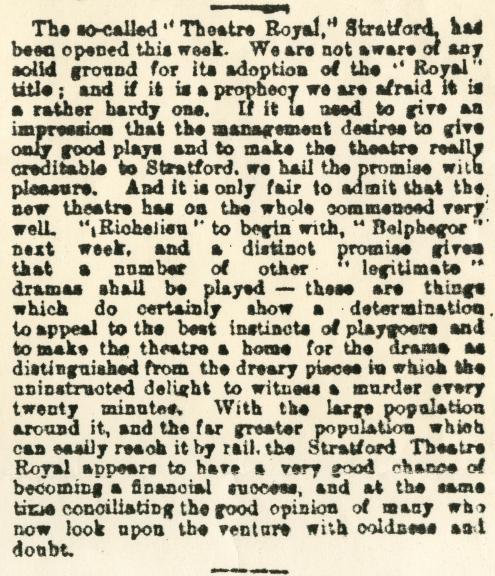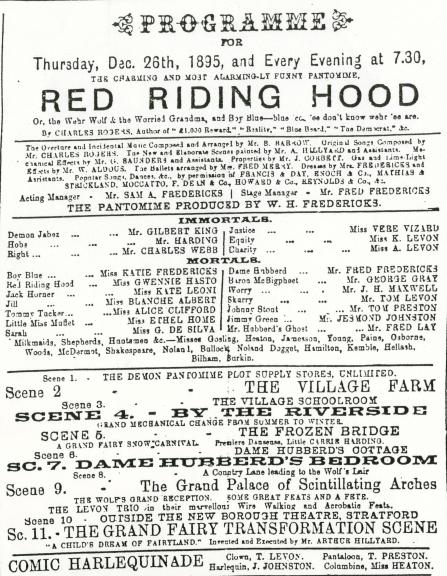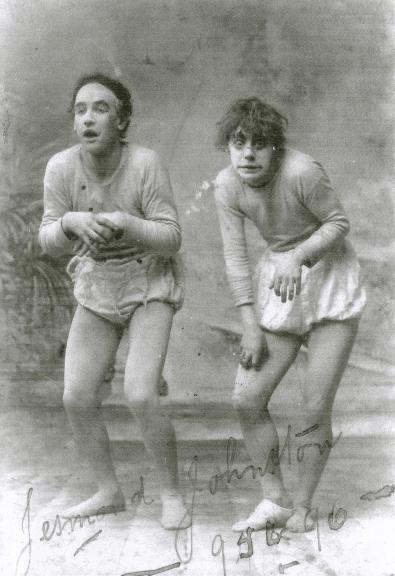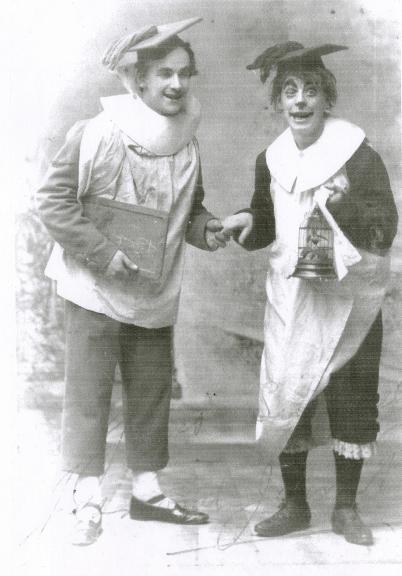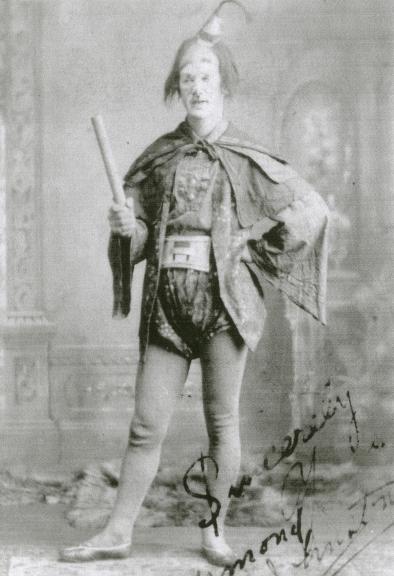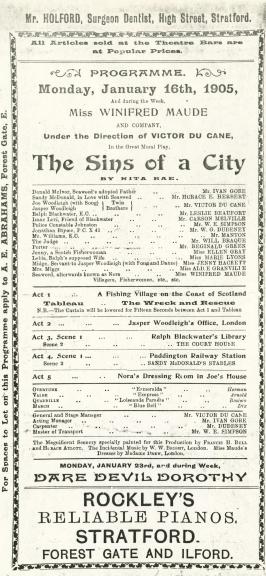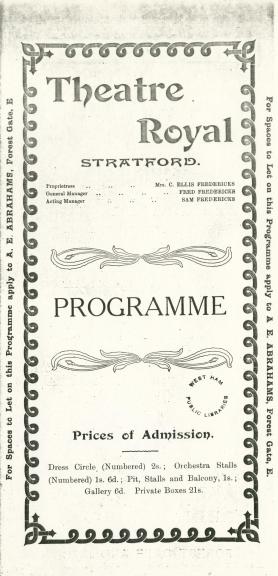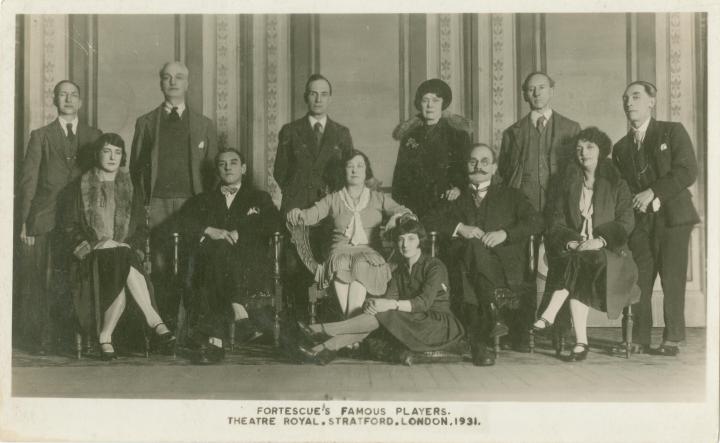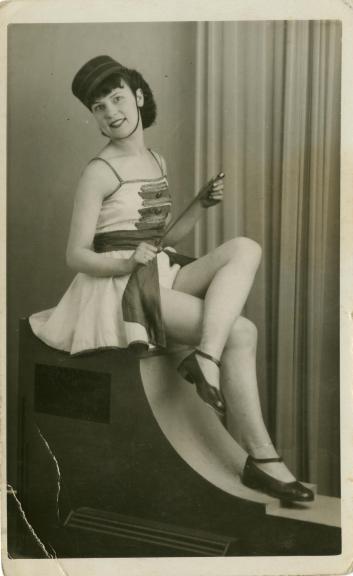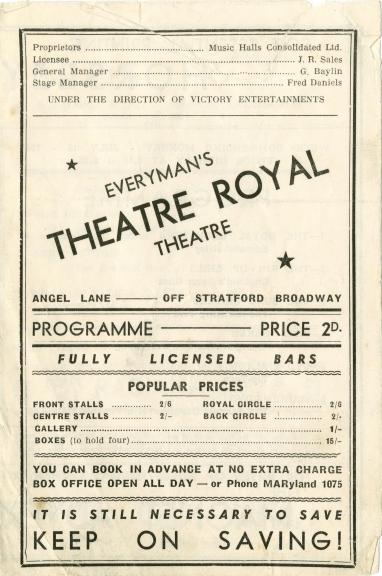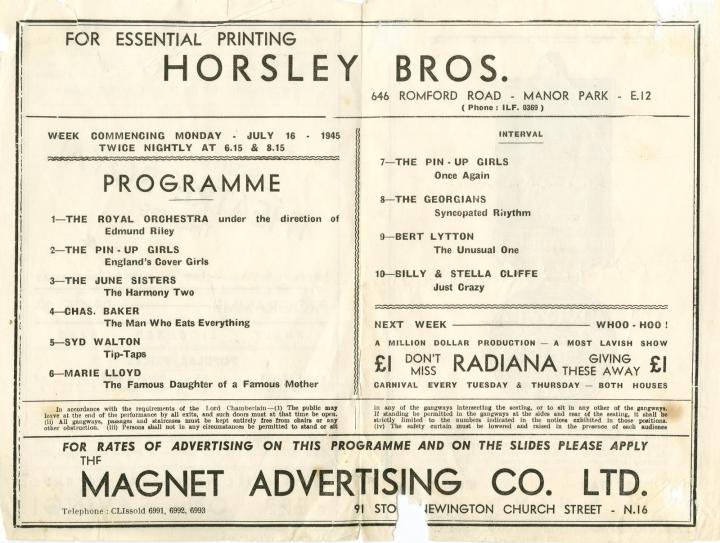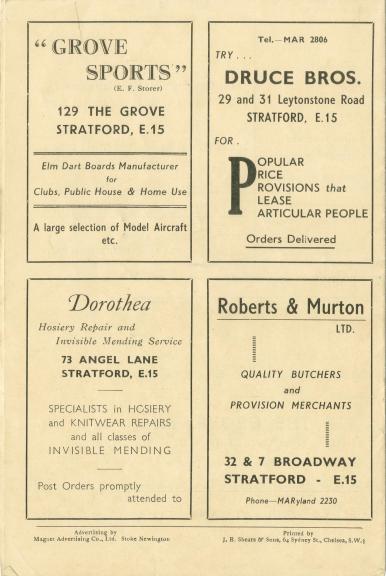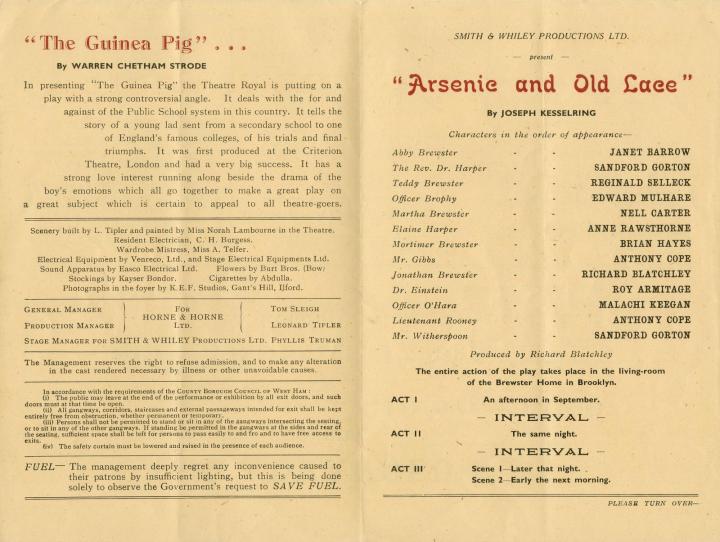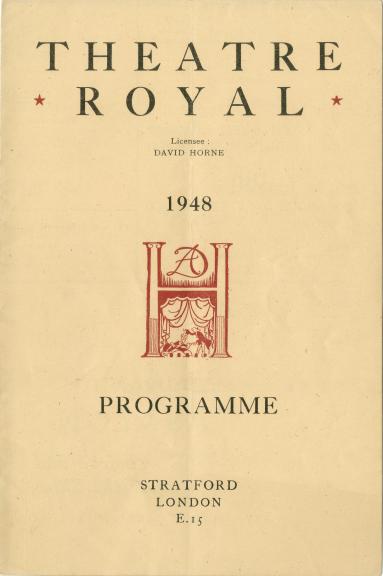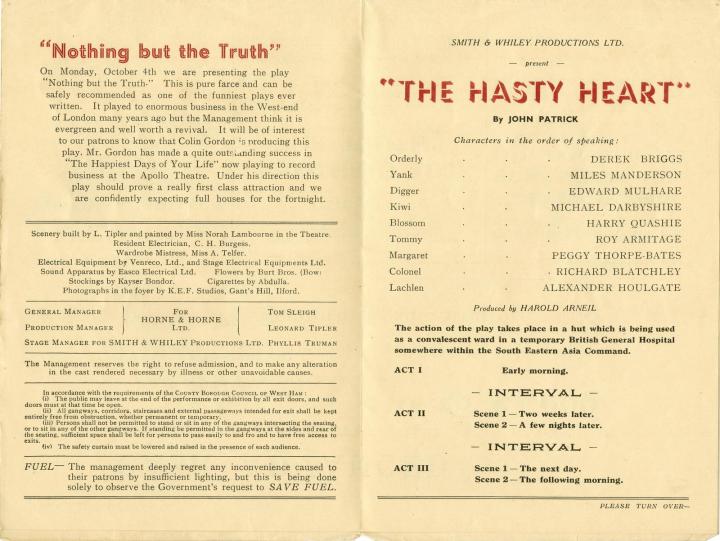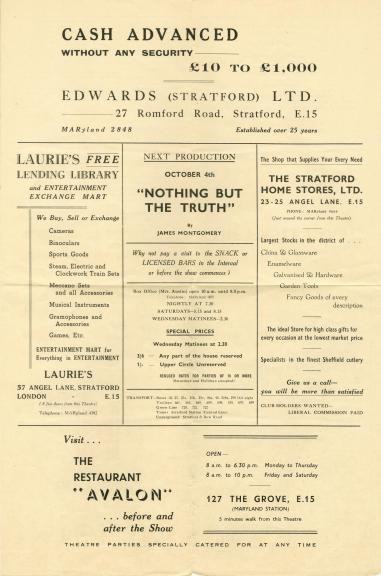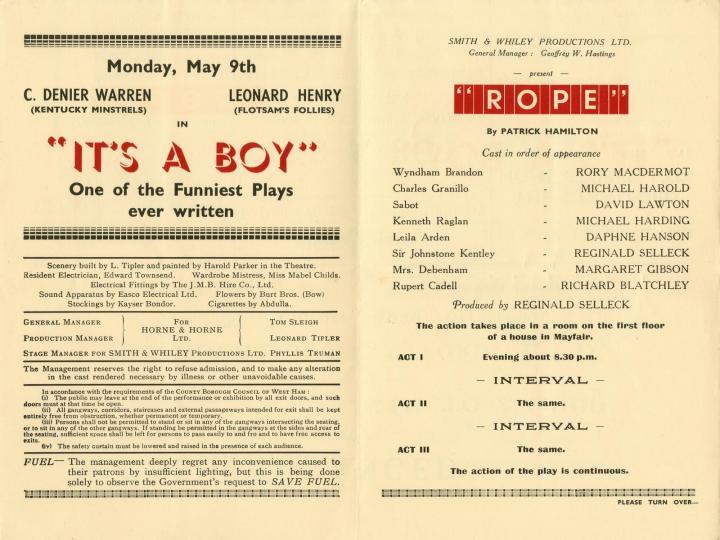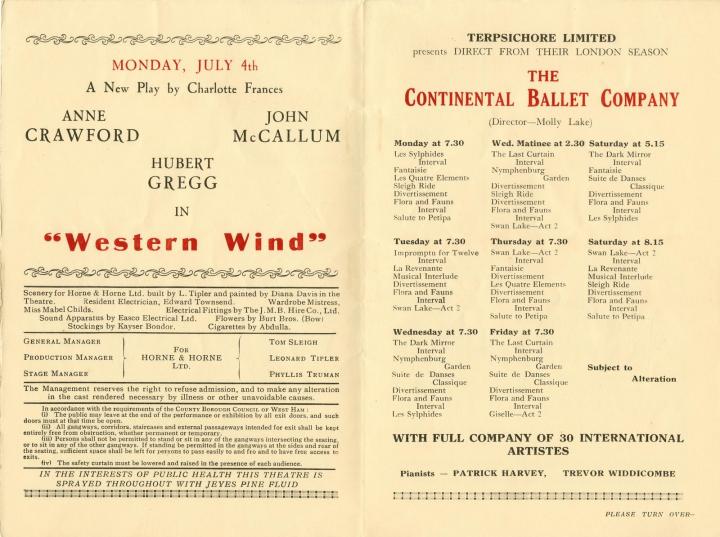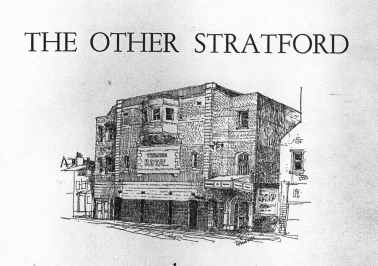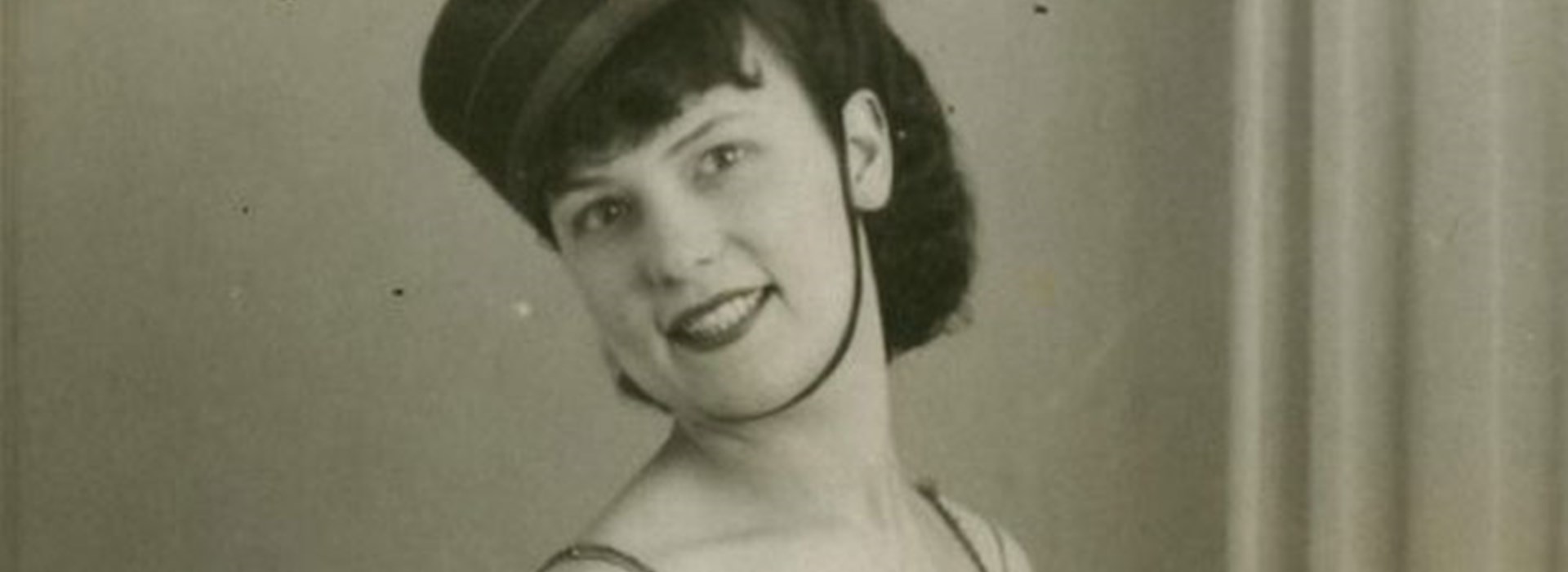
1884 - 1953
1884 - 1953
In 1884, actor-manager Charles Dillon set out to build Stratford’s first permanent playhouse. With James George Buckle as his architect, Dillon applied for a licence to open a theatre, which, after some objections, was granted. Dillon himself starred in the lead role of the first play ever presented at the theatre: Lytton Strachey’s Richielieu, which opened on 17 December.
Albert O’Leary Fredericks, a local coal merchant, became more involved with the theatre, having part-financed it for years. Fredericks bought the theatre from Dillon, and it stayed in the Fredericks family for nearly fifty years. Above the stage are the letters ‘FF’. Superstition has it said that if ever those letters were to be removed the theatre would crumble to the ground.
In 1891, Fredericks decided the current stage was too small. He bought the fishmongers shop behind the theatre at 61 Angel Lane, and the stage was expanded from 18 feet deep to 38 feet deep (as it is today). When the Theatre Workshop (nearly seventy years later) transferred their shows to London’s West End, they had to reduce the size of their sets.
Fredericks also added two long bars: one for the stalls and one for the dress circle. He also created an office for himself overlooking Angel Lane.
On 26 June 1901, Fredericks died and control of the theatre passed to his eldest child, Caroline Fredericks Ellis. Caroline managed the theatre along with her brothers Fred Jr. and Sam.
In April 1902, Caroline applied to the local council to bring an exciting new technology to the theatre: electricity. She chose Frank Matcham, an English architect renowned for his designs of theatres, to supervise new work. The theatre was entirely reupholstered, reseated, and carpeted; electric light was installed; and stage boxes were added to the auditorium.
The theatre specialised in melodramas at this time and remained in almost constant use, staying open during World War I.
Photos are all from Theatre Royal Stratford East Archive.


